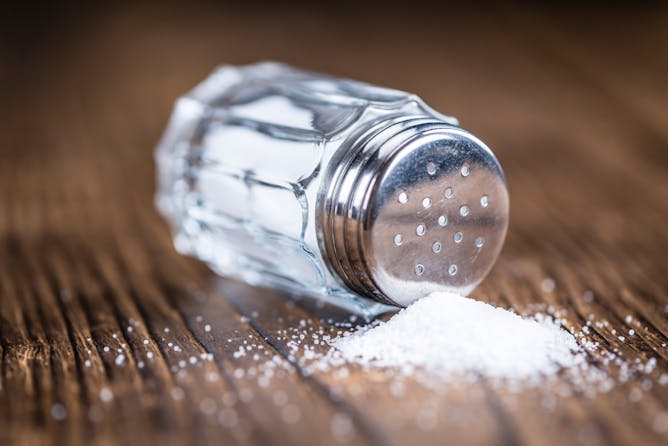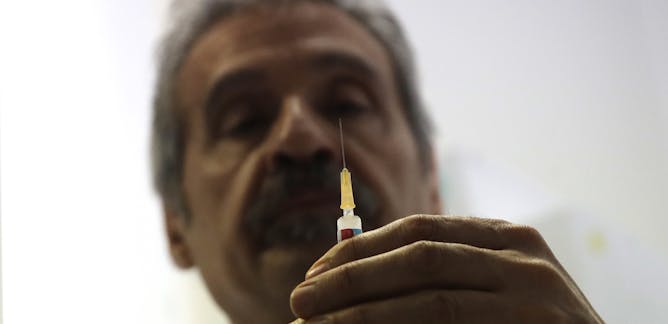|
With about 465 higher education institutions including universities, polytechnics and education colleges, Nigeria’s higher education system is the biggest on the continent. But, when compared to other emerging economies like South Africa, Egypt, Thailand, Turkey and Brazil, Nigeria is lagging behind when it comes to academic performance and research output. David Mba explains why and what can be done about it.
South Africa led the world in taking steps to reduce excessive salt intake. Its efforts seem to be having an effect. But Alta Schutte and Michél Strauss set out why campaigns should be adjusted to fit in with new scientific findings, some of which are challenging long-held beliefs about how salt affects the body.
|

In one year alone 380,000 domestic applicants didn’t get a university place in Nigeria.
Shutterstock
David Mba, De Montfort University
Nigeria's higher education system is the biggest on the continent but it lags behind on research output.
|

Reducing salt intake can save lives.
Shutterstock
Alta Schutte, North-West University; Michél Strauss, North-West University
South Africa needs to continue public awareness campaigns to reduce excessive salt intake to protect cardiovascular health.
|
Politics + Society
|

Yusuf Sheikh Omar, SOAS, University of London
Somali community leaders should help to foster links with their traditional culture.
| |

Vicki Squire, University of Warwick
Demolition of migrant camps and changes to rules concerning who can access support has left many migrants in Italy on the streets.
|
|
|
Health + Medicine
|

Lee McIntyre, Boston University
Anti-vaccination sentiment is leading to disastrous consequences, not only in the U.S. but European countries, particularly Italy. A philosopher of science suggests how best to use facts to fight it.
| |

Jeannette Cox, University of Dayton
In most states, employers aren't required to accommodate the unique needs of pregnant women except in limited circumstances.
|
|
|
Arts + Culture
|

Mats Fridlund, Max Planck Institute for the History of Science
Terrorism hasn't always been associated with individuals – in the past, it has described violence used by the state against its subjects.
| |

Simon Chadwick, University of Salford
FIFA boss Gianni Infantino wants to bring forward plans to expend the tournament from 32 to 48 countries. But it's not going to be easy.
|
|
|
En français
|

Yuji Nishiyama, Tokyo Metropolitan University; Yoann Moreau, Mines ParisTech
Les récits mettent en scène la relation aux morts, mais aussi les possibilités de penser l’avenir après la catastrophe.
| |

Franck Guarnieri, Mines ParisTech; Aurélien Portelli, Mines ParisTech; Sébastien Travadel, Mines ParisTech
Huit ans après la catastrophe qui frappa le Japon, une réflexion sur les multiples significations attribuées à Fukushima.
|
|
|